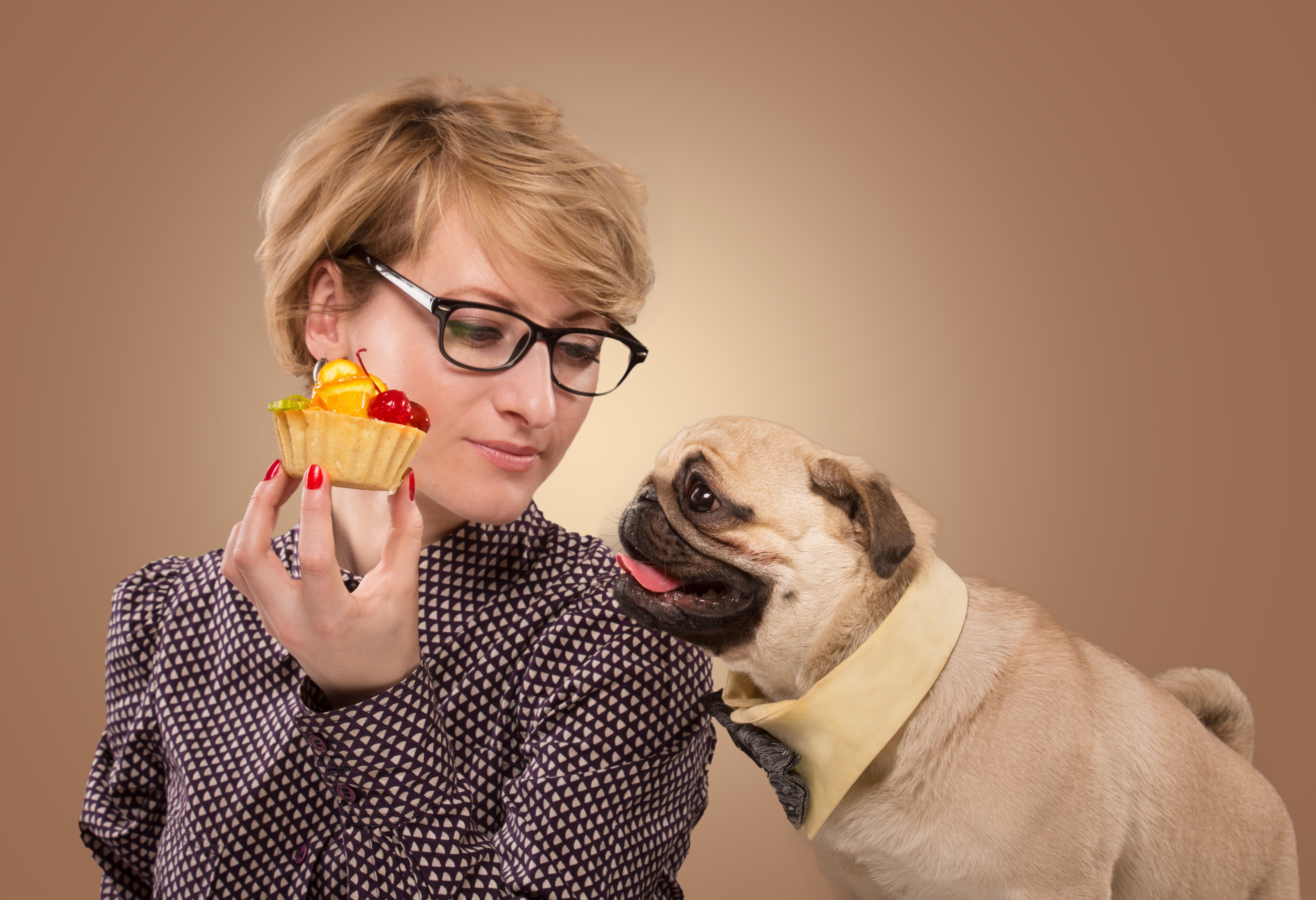
Accidental food poisoning happens to pets, making it one of the typical reasons veterinary doctors see pets. Pet poisoning usually requires an urgent trip to the veterinarian for immediate medical care and treatment. So, if your pet eats toxic human food, call your veterinarian or the nearest animal hospital for help.
While it is common for people to share teeny-tiny bits of human food with their pets, many of those foods are toxic for pets.
Human Foodstuffs That Are Toxic to Pets
Foods that can be poisonous to pets include:
Moldy or expired foods
Yeast dough
Foods containing xylitol (a sweetener also found in chewing gums and toothpaste)
Chocolate
Macadamia nuts
Citrus fruits, apples, peaches, cherries, avocados, apricots, and mustard seeds
Onions, garlic, and chives
Tea, coffee, alcohol, and other caffeinated drinks
Milk and dairy products
Raisins and grapes
Undercooked or raw eggs, meat, and bones
It is also important to note that feeding your pet too many salty or sugary foods and snacks can cause dehydration (from salt) and digestive problems. Similarly, your pet should not take your medicines because they can get sick. Ensure that you store medications away from your pet’s reach.
Has your pet eaten toxic food?
How to Tell If Your Pet Has Eaten Toxic Food
Reactions to food poisoning vary based on the food, your pet’s size, and how much food they ingested. Here are common signs to look for:
Uneasiness
Diarrhea and vomiting
Seizures and convulsions
Lethargy
Dry heaving
Heart problems
Anorexia
Some of these toxicity signs will appear right away, while others may take a couple of hours or days to develop.
What to Do
Here is what you can do if your pet eats food they should not eat.
Keep Your Pet Away from the Food
The first thing to do is to withdraw the toxic food or remove your pet from the area containing the food. Your pet needs to stay someplace safe where they cannot eat it anymore.
Take note of what your pet ate and keep any information labels you find about the food. That will help your veterinarian determine the appropriate treatment. If some food debris is on your pet’s fur, bathe the pet thoroughly if you can do so without harm.
Call Your Veterinarian
After taking the toxic food away from your pet and ensuring your pet will not eat or drink it anymore, call your veterinarian. Do this immediately rather than wait until you are sure your pet is experiencing poisoning symptoms.
The veterinarian will help identify the toxin and take the necessary steps to treat its effects. The sooner you get help for your pet, the better the probability they will recover.
Do Not Try Any Home Treatments
You may be tempted to make your pet vomit out the food. But doing so may injure your pet's digestive tract more and cause further trauma. Hydrogen Peroxide itself can be toxic and disrupt the GI tract. Make your pet vomit only if your veterinarian has instructed you to. Follow your veterinarian’s guidelines for treating the poisoning and help your pet get back to its feet.
For more guidance on what to do if your pet eats toxic human food, visit the Animal Emergency Center of Temple-Belton at our office in Temple, Texas. Call (254) 231-3774 to book an appointment today.







